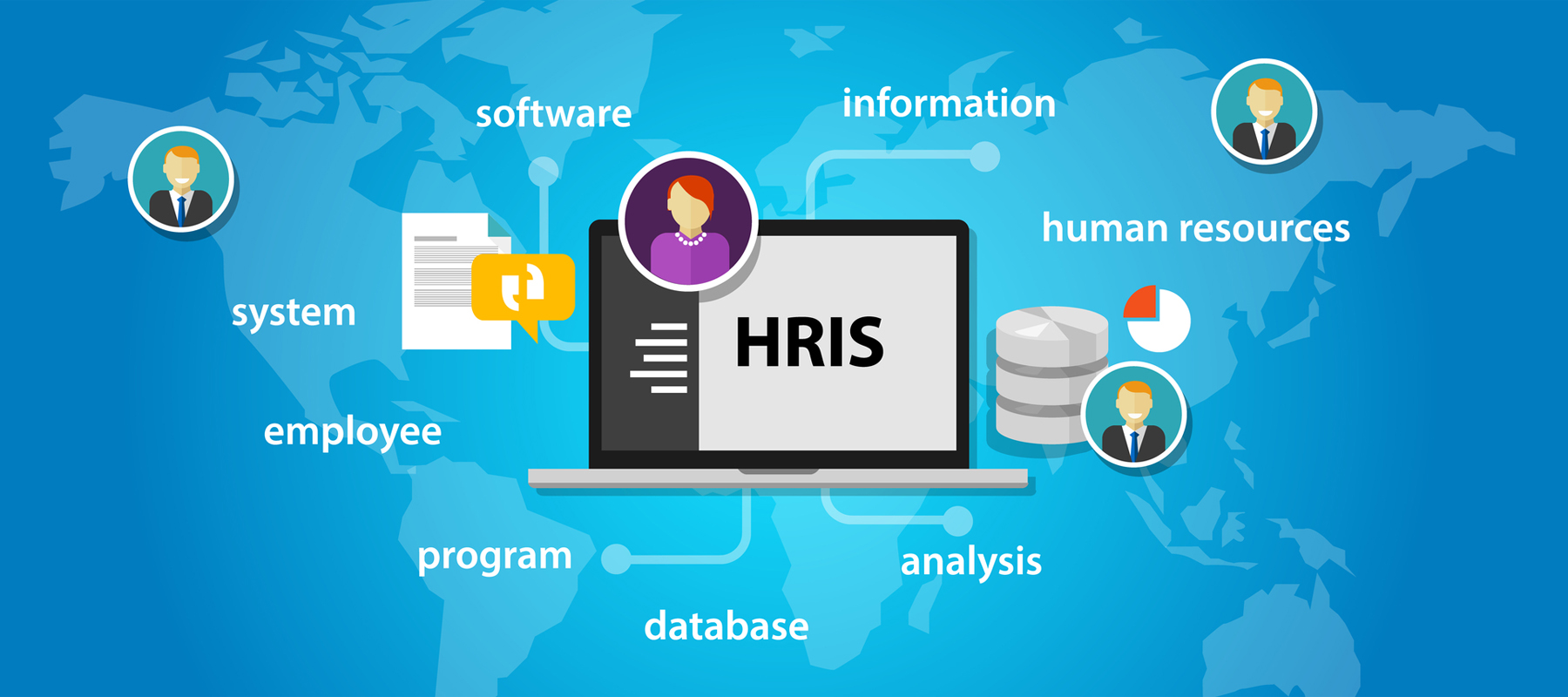Human Resources Software Cost: What You Need to Know
Last Updated: August 17, 2023

Fact Checked By: Ashley Smith
On This Page
CostOwl.com note: Need an HR software solution at an affordable price? Fill out the 30 second questionnaire below and our HR software partners will send you free price quotes.
Summary: HR Software Pricing #
Cloud-based solutions start at around $5 to $10 per user per month for basic features and can reach $30 or more for comprehensive suites. On-premises options have upfront licensing costs and ongoing fees, while specialized or customized solutions may range from $100 to $500+ per month.
Systems that help a business carry out its Human Resources work may go by many names including human resource management software (HR software), human resources information system (HRIS), human resources management system (HRMS), and human capital management (HCM). No matter what you call it, the primary aim is the same - to help organize your employees and streamline their operations.
Modern workforces are in flux like never before due to factors such as globalization, freelancing, remote workers and alternative work schedules. This makes the task of managing them a real challenge. The use of HR software, however, makes organizing your business' human capital much simpler. It will allow you to spend less time on trivial tasks and more time creating and implanting progressive strategies. This buying guide provides a rundown on HRIS software costs and basics.
An Overview of HRIS Systems #
HRIS software can perform pretty much any human resource function that you need it to. But, you'll find that they all, more or less, provide the following base features:
- Payroll: HR management software can aggregate employees' work times, make the proper deductions, and issue paychecks.
- Labor resources management: Keep track of what employees are actually spending time on so you can better manage their labor.
- HR management: Effectively manage employee data such as contact information, education, job history, and much more.
- Benefits administration: An HRMS system allows you to easily keep track of which employees are enrolled in which benefit programs and reduce the amount of time your company spends on processing forms and answering questions about benefits owed.
- Worker self-service: One of the ways HR software helps simplify human resources is allowing employees to access company databases, update their information, enroll in and check benefits online, and much more.
- Other features: Additional functions that human resource management software can perform include recruiting, hiring, training, and development.
Aside from deciding which HR software features your company would benefit from, another important consideration is whether the HRIS system will operate locally via software or be hosted remotely and accessed through the internet. The benefits of each are as follows:
- Locally hosted: An HRMS system based on traditional software is completely in-house, meaning that the program runs on your office computers. In this configuration, your company's IT staff is responsible for server maintenance, backing up data, and security. So called client-server systems have higher initial fees, but cost less to maintain and upgrade.
- Vendor/Cloud hosted: If your business chooses an application service provider (ASP) for its human resources software solution, its application and data will be hosted remotely on the vendor's servers. ASP systems are managed by IT professionals, so you need not worry about security and data backups. You could encounter problems, however, if your company's internet connection goes down. Online HR software has lower up-front costs but you'll pay more in monthly fees.
Human Resource Software Average Costs #
There are huge variations in HR software prices based on the size of your business and the specific human resource functions it needs. Not to mention the cost of hardware, support, employee training, and other factors will affect prices greatly. Furthermore, price alone is a poor predictor of whether a particular system is right for your business. That is, if you opt for a package that costs less than comparable ones, there's a good chance it won't perform as well. With these factors in mind, the following pricing information should give you a rough idea of how much HR software costs.
Cloud-Based HR Software:
- Basic Plans: Entry-level cloud-based HR software solutions with essential features like employee data management, time tracking, and basic reporting can start at around $5 to $10 per user per month.
- Mid-Range Plans: HR software with more advanced features like performance management, employee self-service, and recruitment tools can range from $15 to $25 per user per month.
- Enterprise Plans: Comprehensive HR suites that include a wide range of features such as payroll integration, benefits administration, and analytics can cost $30 or more per user per month.
On-Premises HR Software:
On-premises HR software solutions often involve upfront licensing costs in addition to ongoing maintenance and support fees.
Licensing costs can range from $5,000 to $20,000 or more, depending on the size of your organization and the features you need.
Maintenance and support fees are typically a percentage of the initial licensing cost and can range from 15% to 25% annually.
Integrated HRMS/HRIS Systems:
Comprehensive HRMS (Human Resource Management System) or HRIS (Human Resource Information System) software that includes multiple modules like payroll, benefits, time and attendance, and more, can range from $30 to $100+ per employee per year.
Specialized HR Software:
Some specialized HR software, such as applicant tracking systems (ATS) for recruitment, learning management systems (LMS) for training, and performance management software, may have standalone pricing ranging from $100 to $500+ per month.
Customized or Enterprise Solutions:
Large enterprises or organizations with complex requirements may opt for customized HR software solutions. The cost for these solutions can vary widely based on the scope of customization and integration required.
Resources:
